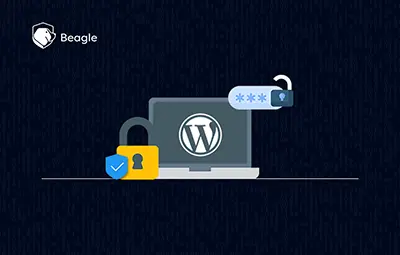
This vulnerability is found for Word Press users. The CSRF attack refers to an attack against authenticated web applications using user cookies. In CSRF, an attacker is able to trick a victim into making a request the victim did not intend to make. Therefore, with CSRF an attacker can abuse the trust of a web application. A vulnerable version of WordPress found. It does not require updating credentials in the file system. This can lead to Cross-Site Request Forgery. This type of attack forces an end user to execute unwanted actions on a web application. A Cross-Site Request Forgery (CSRF) vulnerability was discovered in the Using the filesystem credentials log; an attacker can perform a Cross-Site Request Forgery (CSRF) vulnerability attack. The WordPress had vulnerable FTP/SSH form functionality, through which an attacker could perform CSRF attack. This vulnerability can get an unauthorised permit to overwrite the FTP or SSH connection settings of the affected WordPress web application. An attacker can use this bug to trick the application administrator to log into the attacker’s FTP or SSH server. By this step, the attacker can disclose the administrator’s login credentials. For exploiting this vulnerability, the attacker must lure/force the WordPress Administrator into opening a malicious website.





